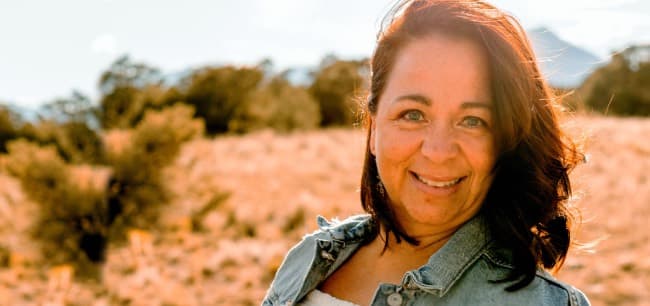Sex & Autism 2: Communication
Autism Sensory Sensitivities & Sex
A commonly-held stereotype about autism is that people with autism don’t like to be touched. While this might be true for some people, not everyone with adult autism is touch-adverse. More than not wanting to be touched, most people with autism prefer to be touched in specific ways and places as well as not touched in certain ways or places, just like “normal” people.
Autism or not, the best and healthiest way to find out what anyone likes and dislikes is through communication, discussion, exploration, and experimentation around sights, sounds, smells, tastes, and touches.
Communication and Intimacy
Communication and sex go hand in hand. Just as there is no “one” way to enjoy sex, there is no “right” or “wrong” way to engage in sex and sexuality.
Intimacy is so much more than sex. It leads to feelings of closeness and fosters trust. When people communicate their needs, wants, and desires, trust and intimacy increase. Communication can take more forms than talking such as guided touch where one person places their partner’s hands or other body parts where they want to be touched. A lack of intimacy and empathy can lead to a person feeling lonely, unseen, or unheard. Some people may feel taken for granted.
A person with adult autism may find these tips beneficial for communication around sex and sexuality.
- Decide on a safe word, sound, or gesture that indicates “stop.”
- Decide on a “yes, no, or maybe” list before engaging in physical activity.
- Be willing to discuss what you like and don’t like as you learn more about yourself and your partner. Contemplate talking about your fantasies.
- Consent for all persons involved is paramount and can be revoked at any time.
- Keep a notepad near the bed to write notes they can point to if needed.
Sex and sexual feelings can be overwhelming. People with autism may find it hard to communicate when they are overwhelmed and may shut down or retreat from the situation. This can lead to feelings of anxiety, frustration, or discomfort.
We often ask our couples if their partner knows the information they just shared in session, and so often they will say one of several things: “I think so?”, “They must”, “I am sure they know”, or “I don’t think they do”. We ask them to share those sentiments directly with their partner, and, like chocolate melting in your hand, the couple melts and softens. Trust and intimacy can grow. They begin to see each other in ways that they hadn’t viewed their partner before. Perhaps this simple question and answer allows each of us to be heard and seen. Chris says, “I feel a sense of safety when I know my partner sees and hears me. It sort of makes me fall for him over and over again.” Open and honest communication helps you build the closeness and can improve more than just your sex life.
Join us next week as look at autism and sensual touch in the next installment of Sex on the Autism Spectrum.







